About us
The general vision of the national project is a developmental and reform vision based on the data of sustainable development, to achieve a set among the goals that serve the fisheries sector and contribute to its growth and development, making it not only a source of food, but also an important wing in the economic launch of Libya.
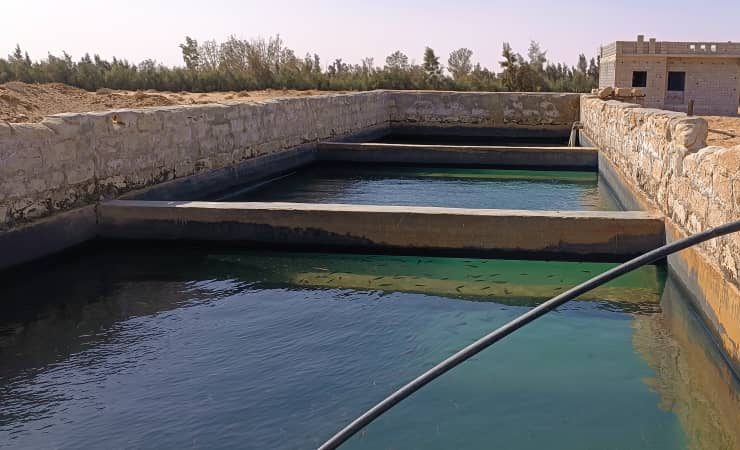
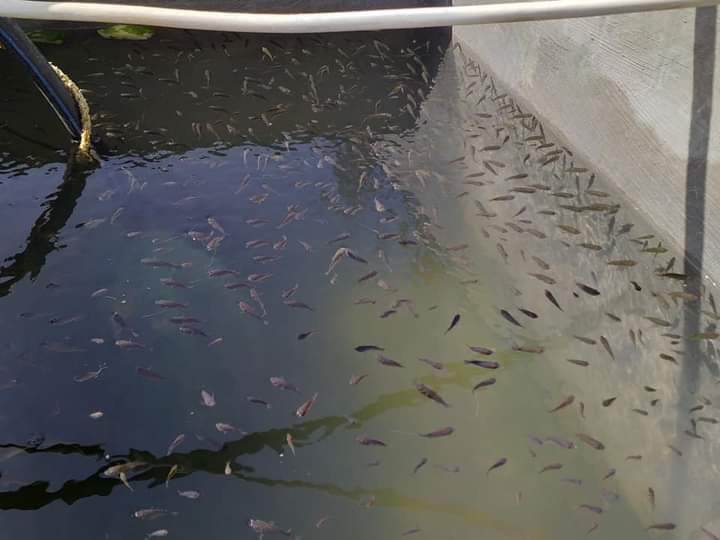
Why this project is so important
Why we need The National Aquaculture Project
Numerous economic and technical studies have proven that there are great potentials for establishing a developed and highly productive agricultural sector fisheries in Libya, although attempts to develop this sector began in the seventies of the last century, when the beginning was in 1977, specifically by cultivating 220,000 fingerlings of carp fish in the waters of Wadi Al-Majnain Dam Lake, followed by several inland lakes and dam waters. The first existing fish farm with its distances was the Ain Al-Ghazaleh farm. In Tobruk in 1989, many plans have been drawn up for the development of aquaculture through the establishment of model farms in different locations. However, a very limited number of farms were actually established, some of which entered production, some of which were not completed, and others technical errors stopped. All of them remained timid, weak and individual attempts that did not bring fish farming to the level of production the economy whose contribution to the national economy can be recorded, as its level of growth and productivity rates are negligible. we expect that the reasons behind the absence of fish farming activity, despite the existence of potentials and ingredients, are due to the absence of a project a national who manages and leads this sector, invests in its capabilities, raises its efficiency, and involves it in the comprehensive process of development in Libya in order to that was the National Aquaculture Project.
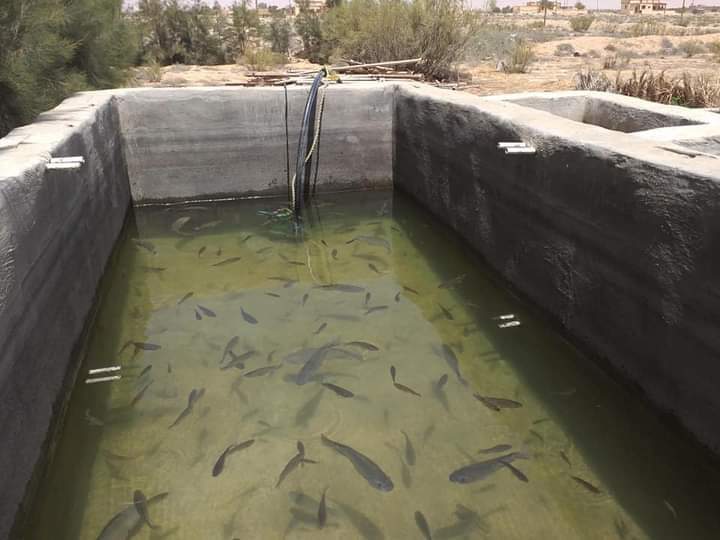

Our goal
The Strategic Objective of The National Aquaculture Project
Therefore, the National Aquaculture Project seeks to develop the aquaculture sector fish and increase its productivity to cover the needs of the local market in terms of fish and other marine life, and access to the markets world class with high quality products. Through this, it aims to achieve sustainable development and food security for Libya, and development coastal rural areas, and reducing population migration to large cities, in addition to preserving natural resources from by relieving pressure on the fish stocks of capture fisheries.
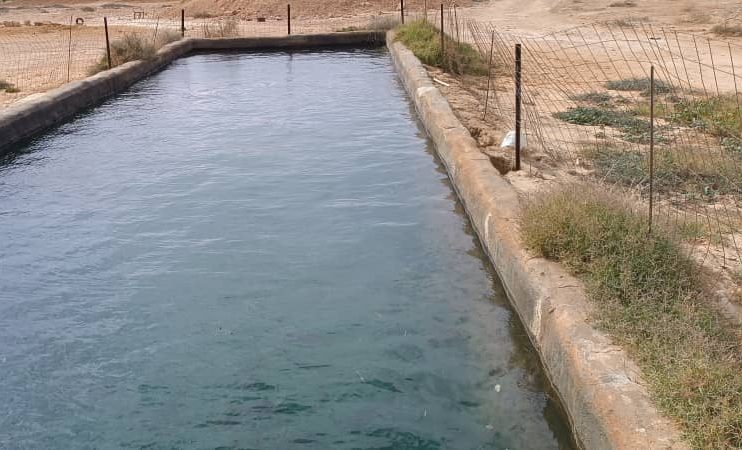
Our values
- Science and knowledge are the basis of growth
- Performance and achievement are the basis for evaluation
- Balance between powers and responsibilities according to laws and regulations
- Teamwork
- Cooperation and integration
- Strengthening organizational loyalty according to tools of organizational justice
- Self-censorship
- Transparency
- Women empowerment
- Creativity and innovation

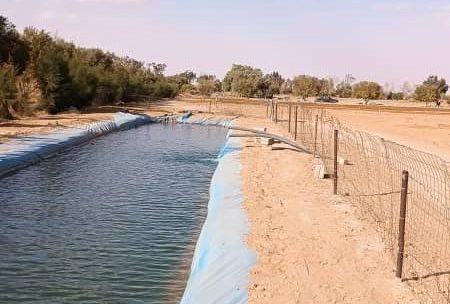
Main focus of this project
Natural Capabilities and Resources
Like conditions is the high degree of purity of Libyan waters and the low degree of pollution compared to many countries bordering the Mediterranean, And the right temperature for many economic types in addition the biodiversity and the diverse coastal topography allow for a variety of farming systems.
The Economic Resources & Capabilities
A distinctive geographical location, the Libyan market, tax and customs incentives and the local environment.
Problems and difficulties
We seek horizontal and vertical expansion in aquaculture and make it one of the pillars of fish production.
Our plan
General Plan for the National Aquaculture Project in Libya (2020-2023)
01.
Determining the targeted and suitable sites for establishing fish farms
02.
Develop mechanisms and short and medium-term plans to rehabilitate the projects of public farms sector fisheries
03.
